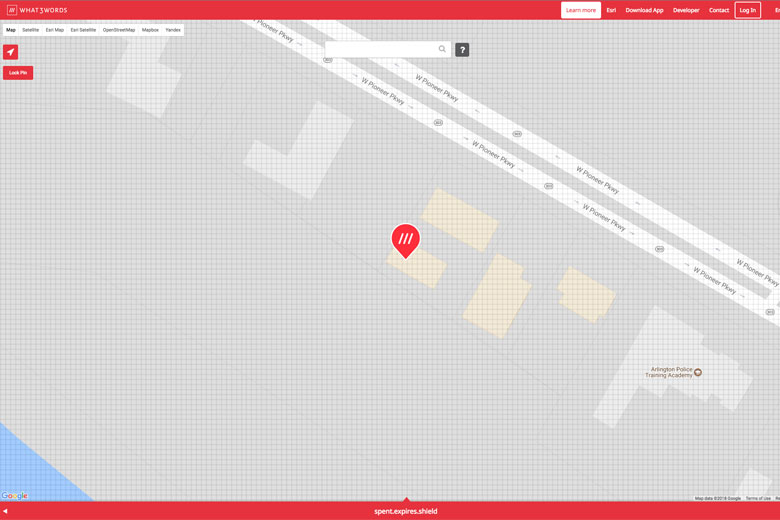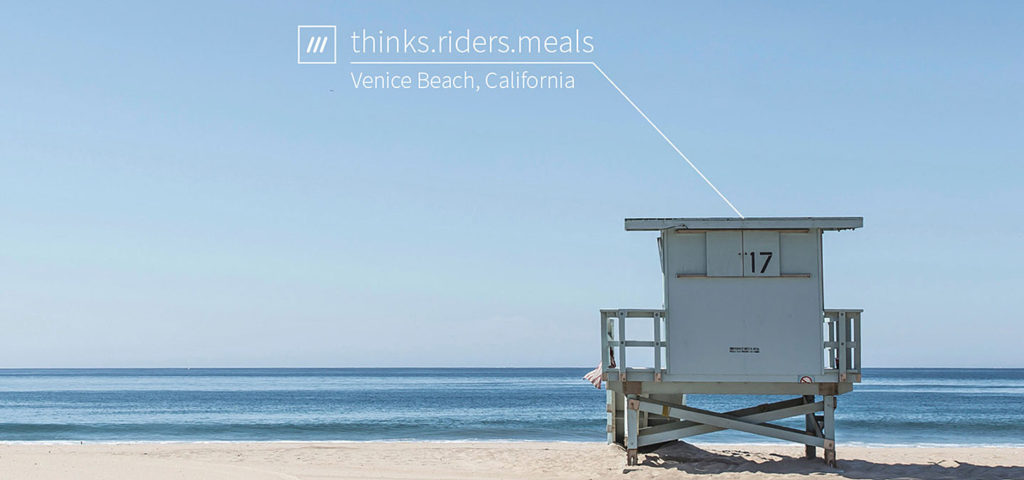When traveling or moving to a new location, memorizing the address can be a bit tricky. For instance, most people wouldn’t be able to tell you the exact address of the hotel they’re staying in. However, there’s a company that’s set out to solve this dilemma by mapping the entire world into grid sections, each with three individual words serving as the coordinates for that grid. Today, we’ll be looking into this service and discussing its benefits, as well as some of the hurdles it will likely face in the future.
what3words

The company what3words is on a mission to create a precise, simple way to discuss locations. Rather than numbered addresses or coordinates, they’ve divided the entire planet into 3 meter by 3 meter squares and assigned each square a unique three word address.
For instance, ITS HQ is located at spent.expires.shield and you can view that location by clicking here to access their custom map. As you’ll see, ITS HQ actually spans multiple grids, but that’s just a specific example of what a three word address looks like.
The Benefits

As navigation nerds, we’re definitely intrigued by this idea. It puts something difficult to memorize (numbered coordinates) into something that’s easy to memorize. Your brain is far more likely to remember spent.expires.shield than the MGRS coordinates of the shop, 14SPB68472236.
The goal of what3words is to allow travelers and customers to find businesses or other places using a simple technique. They’ve partnered with a ton of different companies to begin working this feature into transport, travel and business technology.
So rather than having to plug in a numbered address into your “finicky” GPS system, you could just type out the three word address. While this idea seems sound in theory, we definitely think there are some obstacles they’ll need to overcome to make this a mainstream practice.
Hurdles to Jump
One of the biggest issues we see with a service like this will be the ingrained nature of addresses. Especially here in the United States, our address system is rigorous and structured. People have important addresses memorized for things like their home and work. A system like this would only work well if everyone switched to it. Much like the metric system, there’s no half and half with things like this. Imagine if you were building a house and had to give you framers measurements in the Imperial system, but then give your roofing company Metric measurements.
A enormous hurdle for implementing a service like this would be getting shipping companies to acknowledge this new system. This might not be a disaster with companies like UPS or FedEx, but we can’t see the United States Postal Service jumping to this anytime soon.
So what does that mean for this service? It means a lot of conversion and inputting already existing addresses into the what3words map system to find your words. Despite the implementation hurdle, we think this will actually be the number one obstacle this service faces. People just aren’t inputting numbered addresses into their devices, they’re searching places out by name.
If you wanted to find a Starbucks near you when traveling, would you attempt to locate the exact street address? More than likely, you’d pull up your smartphone, type in “Starbucks” and click on the closest entry. Your phone would do the legwork for you of locating the exact address.
Another issue is that the three word addresses don’t share anything in common with one another. If you moved one square to the left of the spent.expires.shield address we provided, you’ll be on shipped.chefs.splash. So for something like navigation, there’s no viable consistency to either the horizontal or vertical movement on the map. This means it would require searching out the three words for a specific location through the online-based map.
If It Ain’t Broke
Traditional navigation methods like MGRS might seem complicated and labor intensive, but they offer several benefits over an online-based system. With a good map and compass, as well as the know how, you can navigate yourself without the aid of electronics. The Internet and devices attached to it are great, as long as they’re working.
While the 3words system is a very interesting idea that could simplify the way we view addresses, it would be difficult for it to overcome all these hurdles and be adapted nationwide. However, you never know what the future holds and we look forward to seeing how this service tackles and overcomes those hurdles.
What’s your take? Do you think the what3words system has legs?
